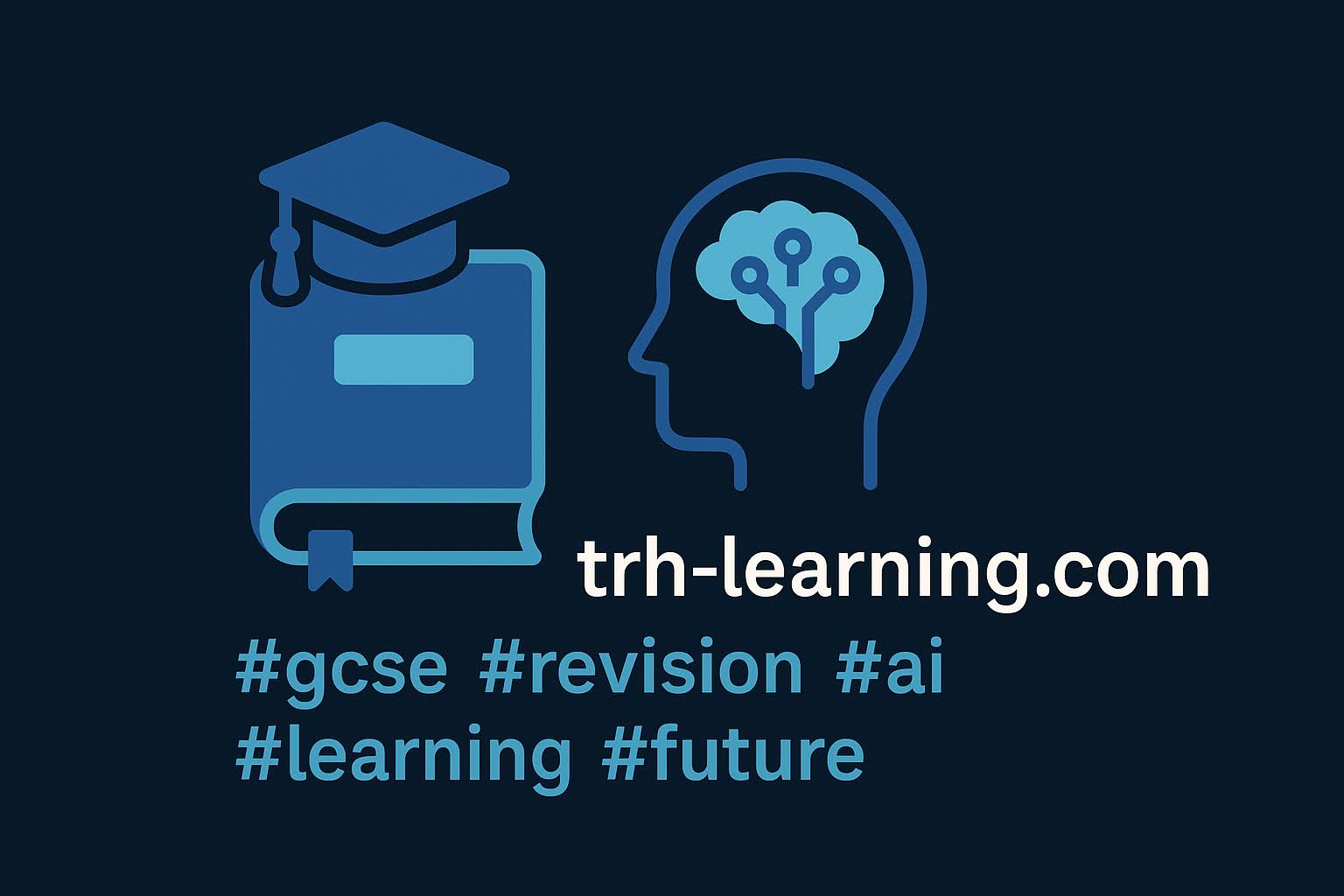"GCSE Economics Revision: Navigating the Basic Economic Problem with Real-World...
Navigating the Basic Economic Problem with Real-World Scenarios
Understanding the Basic Economic Problem
The basic economic problem is a fundamental concept in economics that deals with the scarcity of resources. It arises because resources are limited, while human wants are unlimited. This creates a need for choices to be made about how resources are allocated.
Scarcity and Choice
Scarcity means that there are not enough resources to satisfy all human wants. This forces individuals, businesses, and governments to make choices about how to use their limited resources. Every choice has an opportunity cost, which is the next best alternative foregone.

Real-World Scenarios
- Household Budgeting: Families must decide how to allocate their income between necessities like food and housing, and luxuries like vacations and entertainment.
- Business Production: Companies must choose which products to manufacture based on resource availability and market demand.
- Government Spending: Governments must prioritize spending on public services such as healthcare, education, and infrastructure.
Opportunity Cost
Opportunity cost is a key concept in understanding the basic economic problem. It refers to the value of the next best alternative that is given up when a choice is made. For example, if a government decides to build a new school, the opportunity cost might be the hospital that could have been built instead.
Conclusion
Understanding the basic economic problem and the concept of opportunity cost is crucial for making informed decisions in both personal and professional contexts. By analyzing real-world scenarios, students can better grasp these fundamental economic principles.
Browse Categories 📚
Ready to boost your learning? Explore our comprehensive resources above, or visit TRH Learning to start your personalized study journey today!